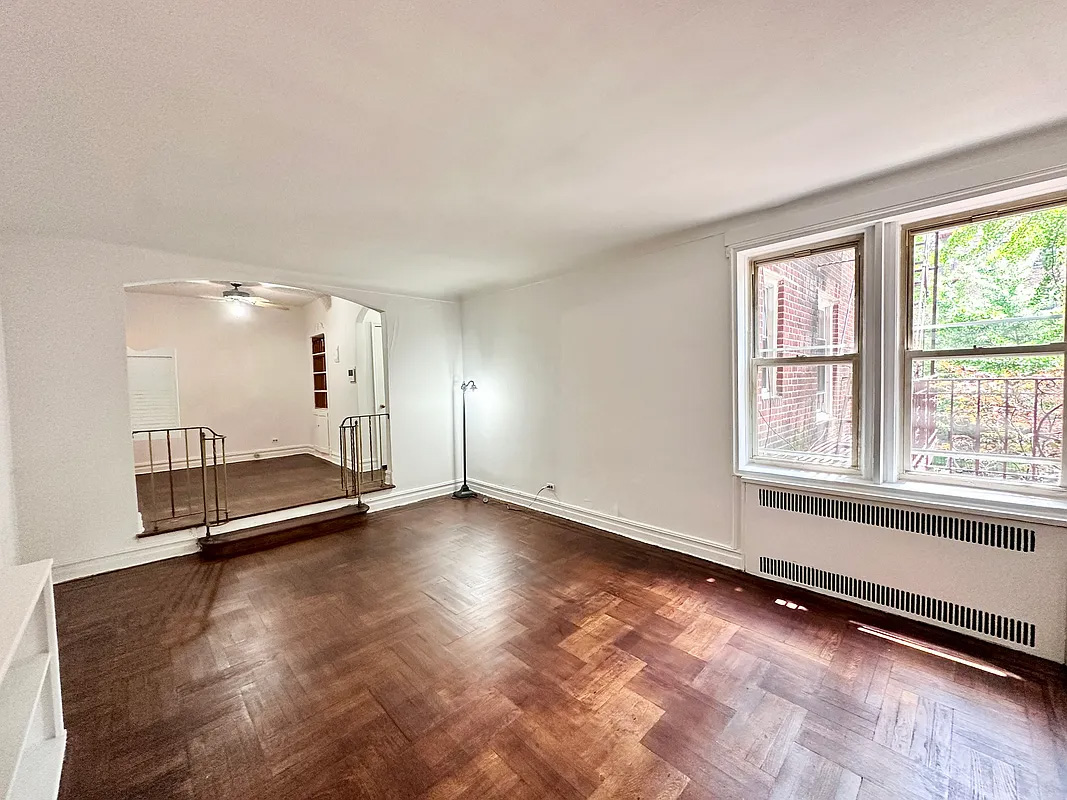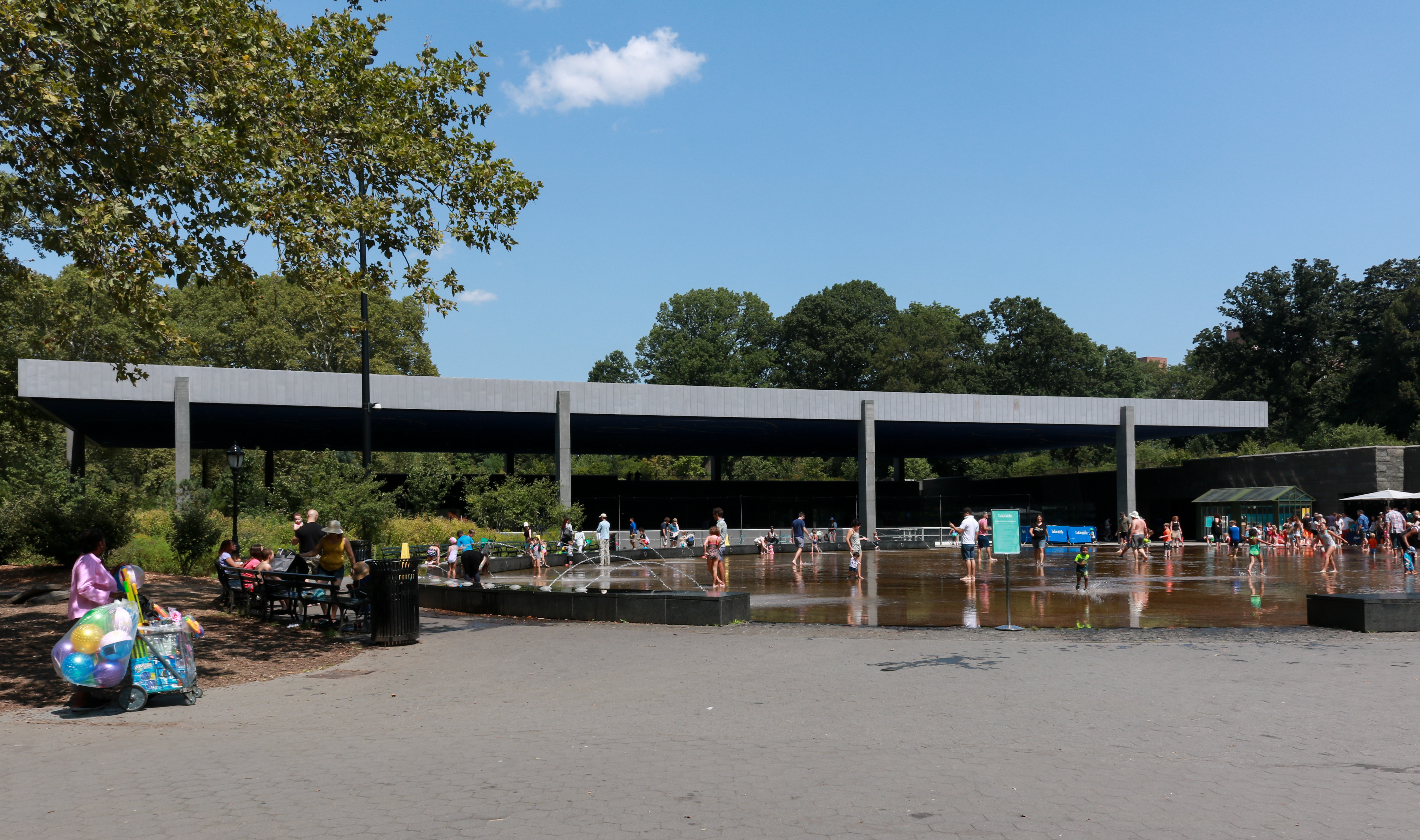Mass Eviction by Owner to Occupy Tenement
A couple is trying to evict all of the tenants in the 15-unit rent-control building at 47-49 East Third Street in the East Village under a loop hole in rent laws that allows for such evictions in the case that the owner plans to use the space for himself. According to this article, the claim…

 A couple is trying to evict all of the tenants in the 15-unit rent-control building at 47-49 East Third Street in the East Village under a loop hole in rent laws that allows for such evictions in the case that the owner plans to use the space for himself. According to this article, the claim has to pass the “giggle” test, i.e. the landlord must prove his good faith intention to live in apartments he is seeking to evict the tenants from. While hard stats are hard to come by, one lawyer who specializes in these cases estimates that landlords were on the losing end only a quarter of the time. In the rest of the cases, tenants were forced out after receiving a low 5-figure settlement.
A couple is trying to evict all of the tenants in the 15-unit rent-control building at 47-49 East Third Street in the East Village under a loop hole in rent laws that allows for such evictions in the case that the owner plans to use the space for himself. According to this article, the claim has to pass the “giggle” test, i.e. the landlord must prove his good faith intention to live in apartments he is seeking to evict the tenants from. While hard stats are hard to come by, one lawyer who specializes in these cases estimates that landlords were on the losing end only a quarter of the time. In the rest of the cases, tenants were forced out after receiving a low 5-figure settlement.
It’s hard to take this family’s claim that they need 11,200 square feet to themselves seriously, but as the real estate market has heated up, the number of these types of cases has been increasing for obvious reasons. And while it’s impossible not to empathize with those being displaced, ultimately we think the problem lies with the rent control law itself, an economically unsound social policy that raises the overall cost of housing in this city. We have no problem with the decision as a society to subsidize the housing costs of certain portions of the population–the elderly, handicapped, etc.–in fact, we support it in such clear-cut cases. But rather than forcing individual landlords to absorb that cost on a random basis, we think market rates should be allowed to prevail and the government should give the members of the subsidized population direct payments to help pay their market rents (or pay the landlords directly). That would avoid situations like a friend we know who inherited his family’s rent control 10-room Park Avenue apartment that he still pays less than $2,000 a month for and do a better job of making sure the subsidies get to the right people. The current system is fraught with inefficiencies and invites the kind of corner-cutting on display in this article. That’s what we think, anyway.
Everybody Out? [NY Times]





We agree that these particular landlords knew exactly what they were getting and don’t deserve anyone’s sympathy. Clearly they’re just trying to do an end-run around the system.
I can understand how you could feel sorry for a landlord in the 70s who was hurt by rent regulations, but I don’t understand how you could feel sorry for the landlord who bought a building after the regulations were imposed. These people bought the building only a few years ago, and know perfectly well how rent regulations will impact the value of their investment. It’s clear this is nothing more than a scheme to make a windfall return by taking the building out of rent stabilization.
Well said libdem! What an unselfish and enlightened way of thinking.
I often read these kinds of stories and wonder why ppl did not do what you did and use those savings to buy a place. OK, a lot of ppl could not but I bet many many ppl could have, had they not maintained this entitlement and cheap rental forever mindset.
I’m not going to get into the whole RR vs free market argument but I would like to inform ppl of the correct terms to use if they do want to get into it and the numbers.
There are 3 million rental units in NYC.
Around 1 million are free market, around 1 million are rent stabilized and about 60,000 are rent controlled. Rent controlled apts are not significant when talking about the effect on the overall rental market in NYC because they constitute such a small proportion of the total market. When most ppl talk about RC they are really talking about RS. When ppl talk about the $200 per month 3BR apts in the West Village they are talking about RC apts. RS apts tend to be more expensive because they were created more recently. Also RS apts in the outer boroughs tend to be much closer in price to the market rates and, in many cases, higher than the market rents so RS is not helping low income ppl in those areas.
You can get the stats from housingnyc.com
Read pages 3 and 4 this report to see the point about legal RS rent exceeding the market values
http://www.housingnyc.com/downloads/research/pdf_reports/ie-updated-05.pdf
well, i agree with brownstoner. rent control as it is now sucks (rent stabilization is a different matter, Anonymous)
Sure it protects some senior citizens but they weren’t always senior! They’ve been living there since they were hale 30-year-olds and now they have a two-bedroom that they don’t need. it’s nice for them but it’s not fair and it’s not particularly good for society.
And regarding the inheritance of rent-controlled apartments, I don’t think that is illegal. To my (amateur) understanding the child just has to live in the apartment for two years prior to the lease being passed on.
The comment about “no one is forcing an investor to be part of a regulated system” ignores the problems faced by many owners of small rent-regulated buildings. I spent eight years in the 70s-80s in a one-bdrm rent stabilized apt a couple blocks from the building featured in the article. The rent started at $250/mo. When I left it had gone up to $300/mo, and my friends thought I was nuts; my long-suffering landlord renovated the apt and got over $1000/mo for it after I’d left. Why did I walk away from that little gold mine when I could have spent a lifetime there? Because I had crunched the numbers and realized that there was no way my landlord was breaking even on the building, with five other stabilized apartments and him and his mother occupying the seventh. When he bought the building fifteen years earlier, it had a positive cash flow; but since then, the annual costs had far exceeded the legal rent increases. I couldn’t figure out why so many stabilized tenants acted like they were entitled to live at their landlords’ expense. And I decided not to get stuck tied to that apt for the rest of my life, wrangling with my landlord for better maintenance and adequate heat while living as a parasite courtesy of the city’s rent regulations. Look at the tenants’ complaint in this article: “We’ll have to leave Manhattan!” Dreadful thought, but as we know, there’s life in the other boroughs, and if it weren’t for the city’s regs, they would have moved elsewhere long ago. The problem for many longterm tenants in regulated apartments at this point is that they kept that entitlement mindset too long, bought nothing, and got priced out. If they’d looked at the inequity of the situation years ago and taken every dime they could save due to their artificially low rents, and bought something affordable (like I did – a then totally affordable CH brownstone with a couple rental apts that paid the mortgage) they’d be in a different situation now. While I realize that some tenants simply don’t make enough money to be able to scrape together a down payment under any circumstances, I completely agree that a system should be developed to assist them, rather than inflict the costs of their support disproportionately on private owners. PS, I’m a liberal Democrat.
question (not trying to incite a riot, I just really don’t know): what is the difference between giving notice to rent-regulated tenants like in the Times story here, and trying to change a brownstone to single-family from an SRO?
I dont read this website often but I do remember something on changing SROs.
rent control is one of those things that makes NY NY. If it wasn’t for rent control, almost every neighborhood would change and for the worse in my opinion.
I don’t think cheaters are a good example of the system that protects mostly senior citizens these days
Brownstoner’s friend did not ‘inherit’ a 10 room Park Ave apt rent control…… he/she (abused the system and became the leaseholder. Perhaps the family did also minipulated the system over the years to prevent certain increases .. A savvy person can figure ways.
But the new landlord in this E3rd St. case is also being clever and savvy to take advantage of loopholes –
If you believe that he really intends to occupy the whole bldg -wants that much space –
and gets it- He just got a fantastic windfall because no deregulated space would be as cheap to buy as this bldg.
Don’t forget that someone investing in rental property knows the cash flow and pays an agreed upon price based on this cash flow. But more likely he wants deregulated apts. to rentout or sell but buy them at going prices of ‘regulated apts’.
Those that argue for ending of rent regs. are asking for a major windfall for these owners.
It is theoretical that rent regs. ‘raises the overall cost of housing in this city’.
Abuses of the system take place on both sides of the landlord/tenant divide but I believe that overall benefit of rent reg. have been beneficial to this city. In a city of renters –
the population/society needs some level of security and stability which I think rent regs provide to a degree.
You are free to buy a lot in this – put up a new building of however many apts. govt/zoning allows and charge whatever rents you want. City does not impose rent regs. there – but many developers do ‘sign-up’ for it because city may provide tax abatements/subsidies.
No one is forcing a investor to be part of ‘regulated’ system – you buy into it – and market prices for these properties reflect the ‘cash flow’ .